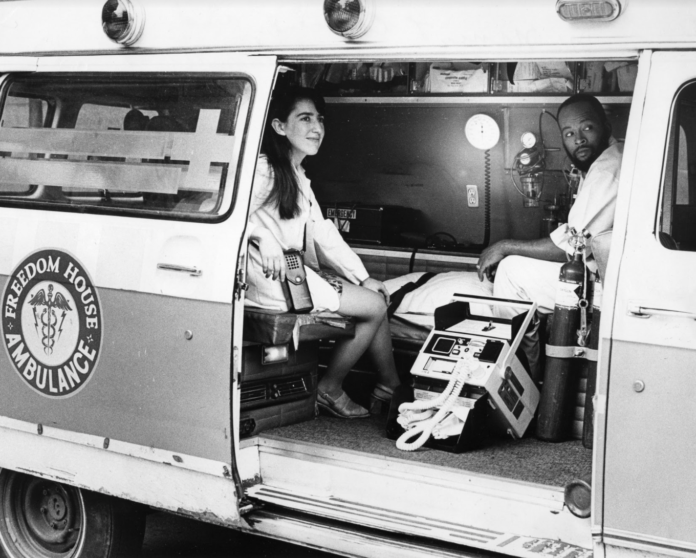For many years, the Black Lives Matter movement has advocated for changes in the way that the law enforcement system treats black people, and as racism in policing has persisted, those intentions have only grown stronger. The concept of abolishing the police, while not new, has only recently hit the mainstream consciousness. Though many believe the ideology surrounding police abolition makes sense, others are wary of its effects and believe it to be too radical. In America right now, police are seemingly necessary; being present and active in cities is a large part of their job. Many people can’t comprehend a world without active police, which makes the concept of police abolition seem radical and likely to cause instability. However, the best way to keep communities safe remains an unresolved issue, and as with every problem, continuing to enforce the status quo is no solution. So why are the ideas of defunding or abolishing the police so controversial with some? Many of the arguments against police reform are directly related to racism and the desire for Black communities to be “kept in check,” but another problem is that we can’t comprehend moving towards an idea that doesn’t exist yet; the unfamiliarity is what makes it radical.
I recently listened to an episode of the podcast 99% Invisible about the history of the paramedic field, which connects with the current debate over the abolition of police in unexpected ways. Most people, including many paramedics, don’t know the history of the practice, and a recent episode of 99% Invisible, an Oakland-based podcast, dove into the history and why it is so unknown. The show’s 405th episode, titled “Freedom House Ambulance Service,” explains the very recent roots of the paramedics service in Pittsburgh in the 1960s and 70s. Back then, the word paramedic was not even a thing, and the police or funeral home workers were sent to respond to emergency calls. In the poorer, primarily black neighborhoods of Pittsburgh, calling the police to help with emergencies was dangerous, and the police would often be slow to respond, or hostile upon arrival. And the service was not only dangerous in Black neighborhoods. In the 60s, something called “The White Paper” was released, revealing that a shockingly high number of lives were lost as patients were transferred to hospitals.
Local funding was provided to find solutions to this problem, and in Pittsburgh, the money was fed into a Black-operated jobs training program called Freedom House. This collaboration with Freedom House took unemployed Black residents of the poor neighborhood and gave them professional medical training to use in the field. This operation was the first Emergency Medical Services program in the US, and it was entirely Black. The Freedom House Ambulance service was a huge success in many ways, even though it faced many difficulties and was eventually shut down by the local government, who didn’t like the image projected by an all-Black paramedic force. Freedom House set the precedent for the entire paramedic field today, a service so critical that we could not imagine life without it.
So why is it so radical to believe there is some other solution to the way we are policing American cities today? In the time Freedom House was working, they received extreme backlash because of their image, but also because people didn’t understand what they were trying to do. People didn’t recognize that they were saving lives by working on victims at the scene instead of rushing them to the hospital, because they had never seen anything like it before. Improving the emergency medical system took exploring the unknown, which is uncomfortable for many people who reside in the safety of consistency, but there are people whom consistency has failed, and for them, change is the only way to bring justice. The Freedom House paramedic service is a recent example of the need for change and evolution in the systems that support our society, and it truly gives perspective on the challenges we are facing currently.
If you would like to listen to the fascinating full episode, “Freedom House Ambulance Service”, you can find it at 99percentinvisible.org.
